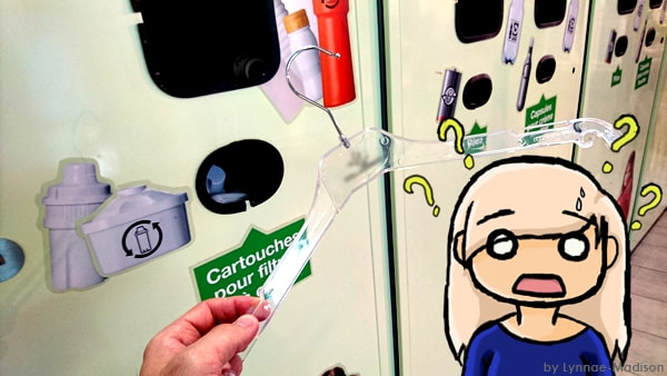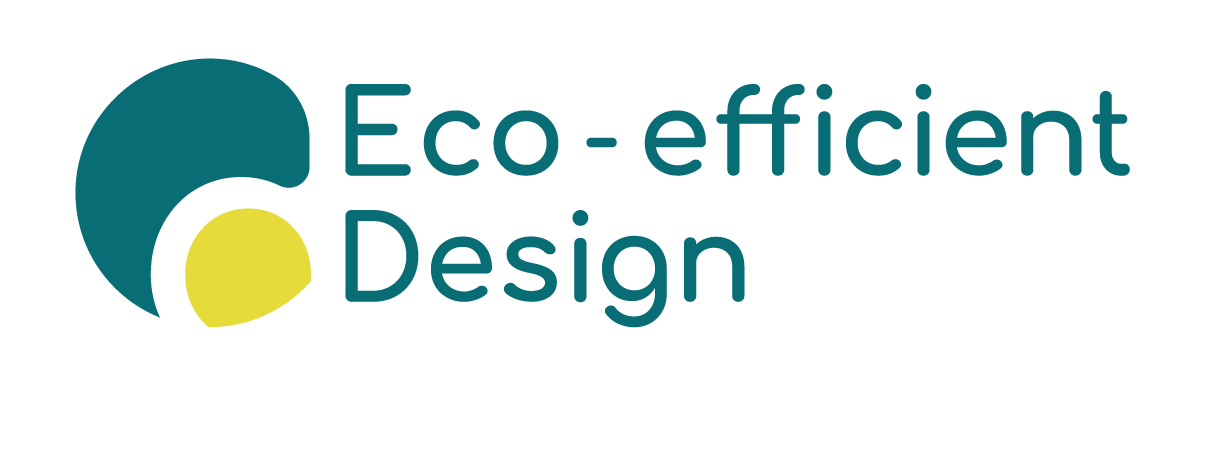|
Each country (even regions or municipalities) try to find the way to ease waste collection to recycle certain materials or to optimise energy recovery through waste incineration. There are well-intentioned people all around the World eager to recycle. But, is waste sorted properly? What do we do when a waste product combines more than one material? As an example, I found this broken hanger. The body is made of polypropylene (PP) and the hook of steel. Where should I throw away this hanger? plastics? metals? incineration? A short background description. In Switzerland, generally, disposal points differentiate PET, aluminium (cans), glass, batteries, light-bulbs, non PET plastics (HDPE, PP), paper. Less commons are organic waste, cardboard, domestic metals (tins), clothing, and such. Such wide classification is kind of confusing, isn't it? But when facing confusion, Swiss citizens use a Joker: a white taxed bag where they can put whatever.
We all will agree: waste should be sorted before disposal. But most people don't have 8-10 different rubbish bins at home. Later, at the collection point, is far too late. Besides, lack of knowledge about materials and their recovery process make collection and recycling less efficient. I myself found the disposal of a simple hanger rather difficult. For Circular Economy and ecodesign engineering, material recovery or recycling (or alternatively energy recovery) are essential. Here we give you some general tips to sort your waste (regardless your country) when the products include several materials. Eco-tip:
Comments are closed.
|


 RSS Feed
RSS Feed


